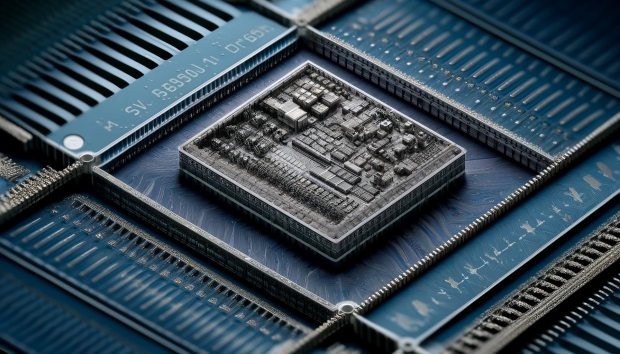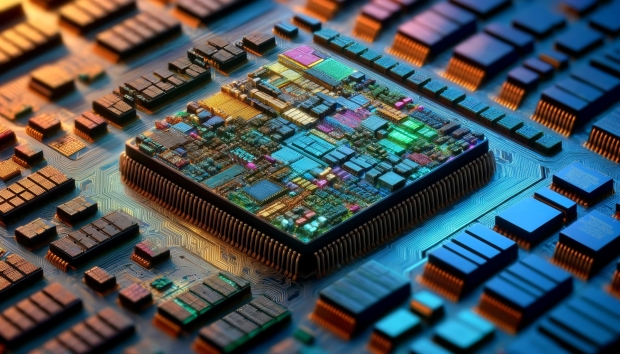TSMC has said that its new chip manufacturing technology -- A16 -- will enter production in the second half of 2026, where it will be in a semiconductor battle with Intel for the world's fastest chips.

During a news conference in Santa Clara, California, on Wednesday, Taiwan Semiconductor Manufacturing Company (TSMC) executives said that AI chip makers will be the first adopters of its new A16 process technology rather than smartphone makers like Apple.
Intel came out banging its chest in February this year, saying that with its new High-NA EUV lithography machines from ASML, the company would make the world's fastest chips in the coming years with its new Intel 14A process node. TSMC's senior vice president of business development, Kevin Zhang, told reporters that TSMC has developed its new A16 process node quicker than expected, thanks to the insatiable demand from AI chip companies like NVIDIA.
Zhang said that AI companies "really want to optimize their designs to get every ounce of performance we have". The TSMC executive continued, saying that TSMC doesn't need ASML's new High-NA EUV lithography machines to build next-gen A16-based chips.
Intel secured its first High-NA EUV lithography machine at a cost of $373 million, and is currently in the process of getting it tooled up and prepared for production later this year, and really fired up and cranking out chips in 2025 and beyond.
- Read more: Intel finishes assembly of ASML's first High-NA EUV tool, ready for 2025
- Read more: ASML ships its second High-NA EUV lithography machine to a mystery client
- Read more: US demands ASML stop servicing its machines already sold to Chinese customers
- Read more: Dutch government to spend $2.7 billion on keeping ASML in the Netherlands
- Read more: Dutch government kicks off 'Operation Beethoven' to stop ASML from moving
- Read more: China president: we don't need ASML, 'no force can stop the pace of China'
TSMC has also teased that it's working on a new technology that would supply power to chips from the backside of the chips themselves, speeding up AI chips and other processors in 2026 and beyond. Intel has a similar technology that will be one of its main advantages over its competitors, and TSMC is gearing up to deliver a competitor with backside power delivery.
- Read more: Intel's new video shows ASML's bleeding-edge $380M High-NA machine installed
- Read more: Intel and ASML achieve 'First Light' milestone with new High-NA lithography tech
- Read more: ASML ships industry's first High-NA EUV lithography scanner to Intel
- Read more: Intel unveils its new Intel 14A process node, ready for the future of AI chips
- Read more: TSMC: next-gen 1nm-class monolithic chips with 1 trillion transistors by 2030
- Read more: TSMC preparing for 1nm production, new cutting-edge facility in Taiwan
- Read more: Intel: 2026 when it wants to beat TSMC at making the world's fastest chips
- Read more: Intel targets 1 trillion transistors on a single package by 2030
- Read more: Intel CEO: we want 1 trillion transistors in a single package by 2030



